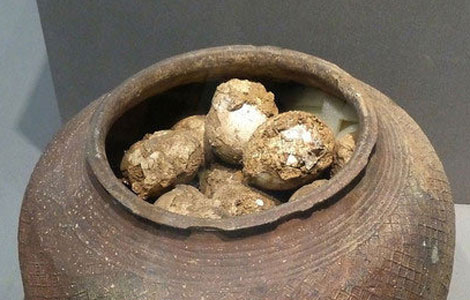

China aims to strictly control the building of new sports venues for major events and to improve mass fitness facilities with more government funding.
Many giant stadiums built to host national and international events have slid into disuse and disrepair.
To improve post-event operation at sports stadiums, eight government departments, including the General Administration of Sports, the Ministry of Finance, and the National Development and Reform Commission, issued a draft regulation on Wednesday for public review.
According to the draft, construction of new stadiums has to pass scientific assessment and strict examination before going ahead. Plans for post-event transformation and operation should be prepared in advance.
Some people, especially those in rural areas, have nowhere to exercise after work, because of imbalanced development of public sports resources, an expert said.
"There are far more large sports venues in China to host sports meetings than are needed, while there is a severe shortage of facilities for people to take exercise or play sports," said Lin Xianpeng, a sports industry professor at Beijing Sport University.
"We need to avoid building new expensive venues for major events, and should invest more at the grassroots level to benefit the mass fitness program."
After researching 775 major sports venues nationwide over the past two years, Lin and his team found most facilities in remote city suburbs, such as venues for the 2010 Guangzhou Asian Games and 2011 Shenzhen Universiade, are unused.
Last month, Beijing and ZhangJiakou in Hebei province announced a joint bid to host the 2022 Winter Olympics.
Lin suggested that any city interested in hosting sports events should reconsider its infrastructure.
"If a city has at least 70 percent of the permanent venues built, then the authorities could allow it to bid. Otherwise, pick another city," Lin said.
Huo Bugang, an official with the Ministry of Finance, said at the news conference on Wednesday that the central government will set up a special fund in 2014 for local venue operators at stadiums.
"The total amount of the fund will be considerable and we are issuing related regulations to guarantee that the financial support can reach the areas most in need," Huo said.







